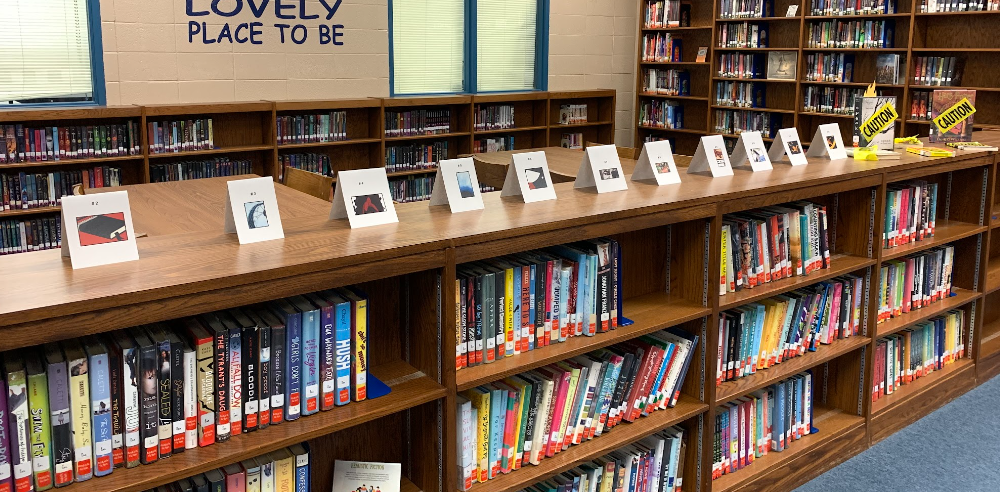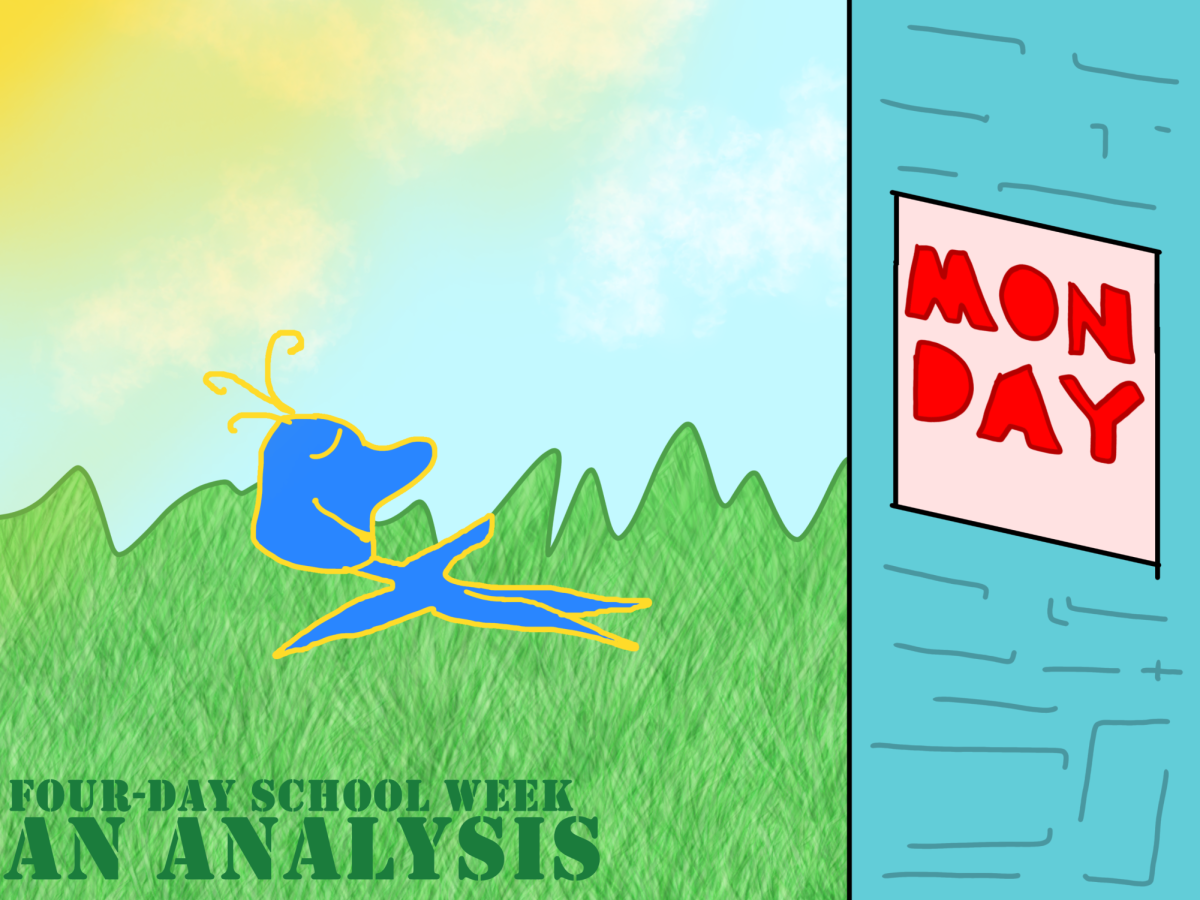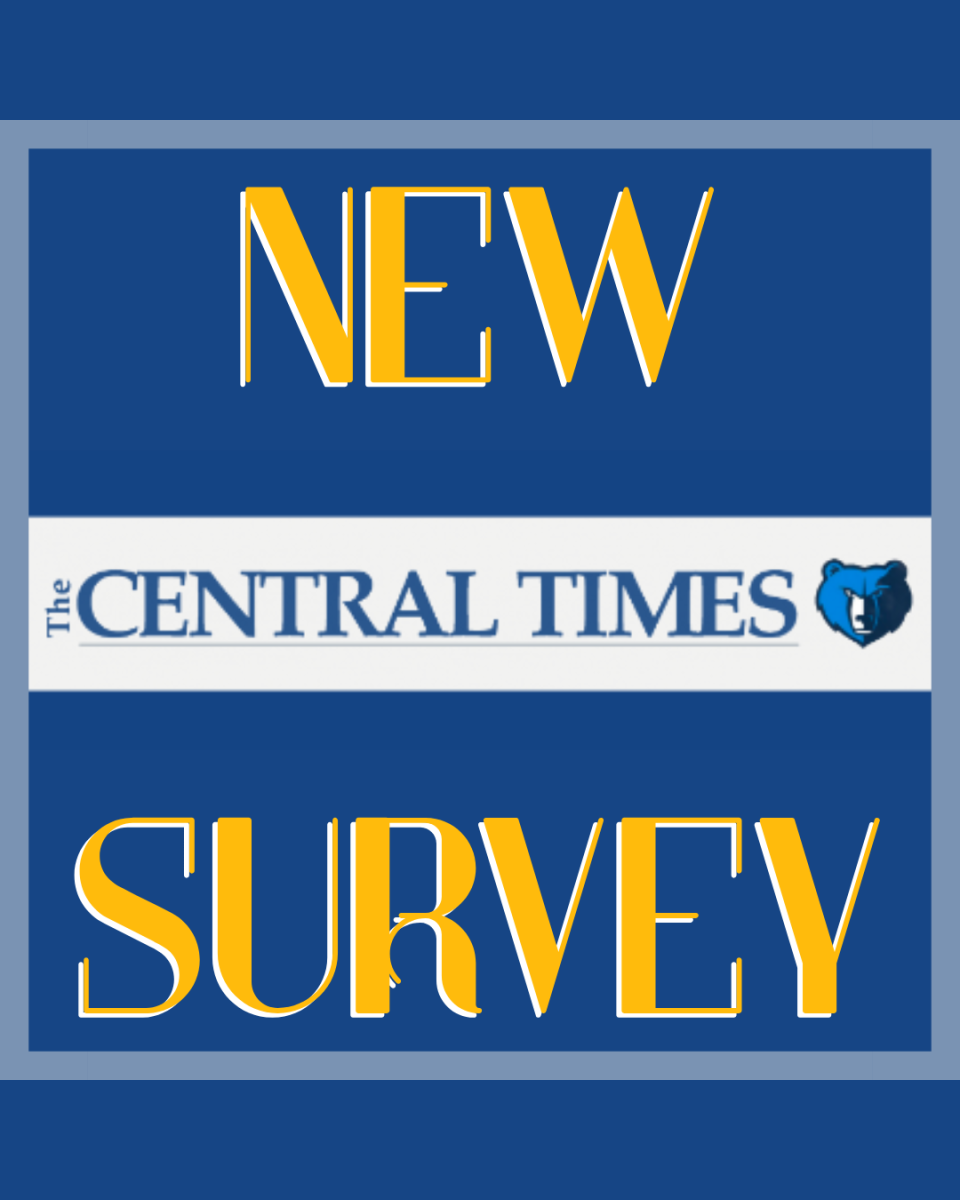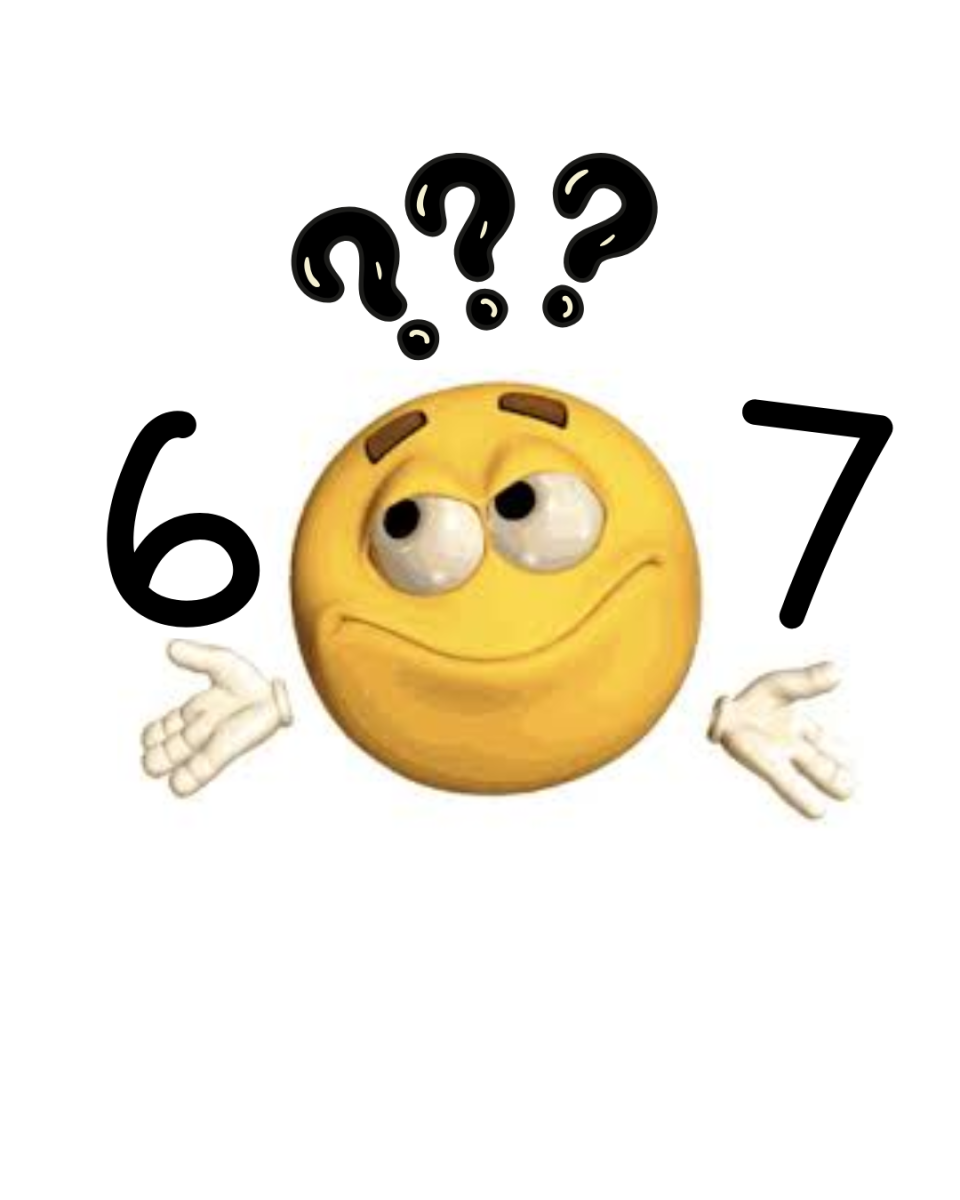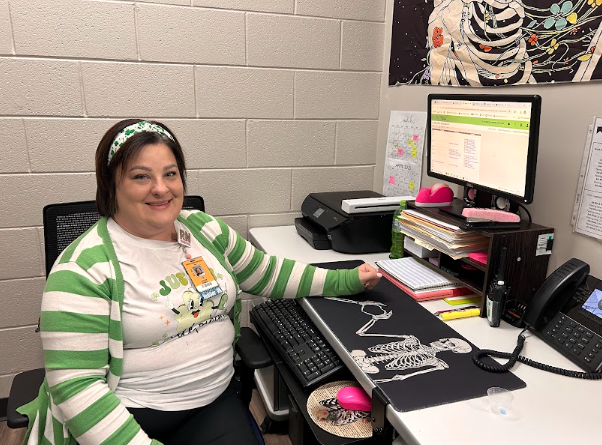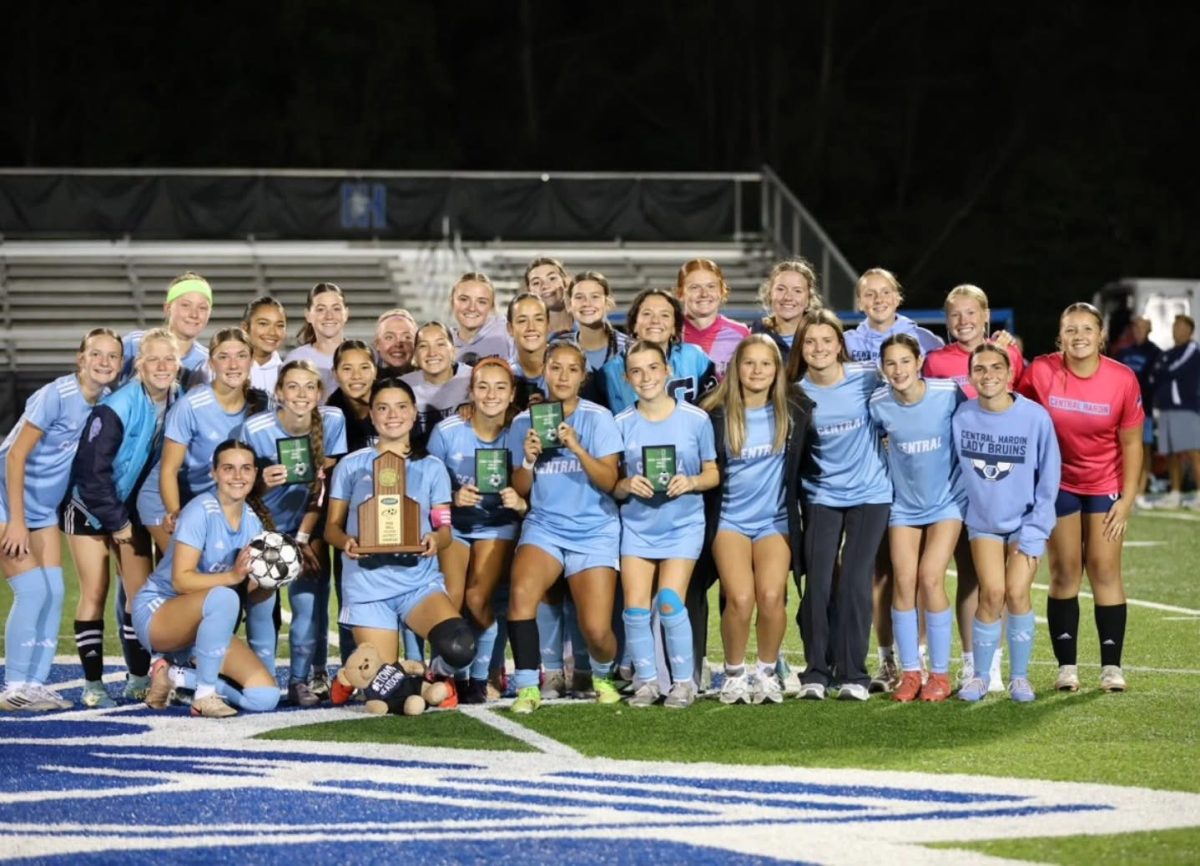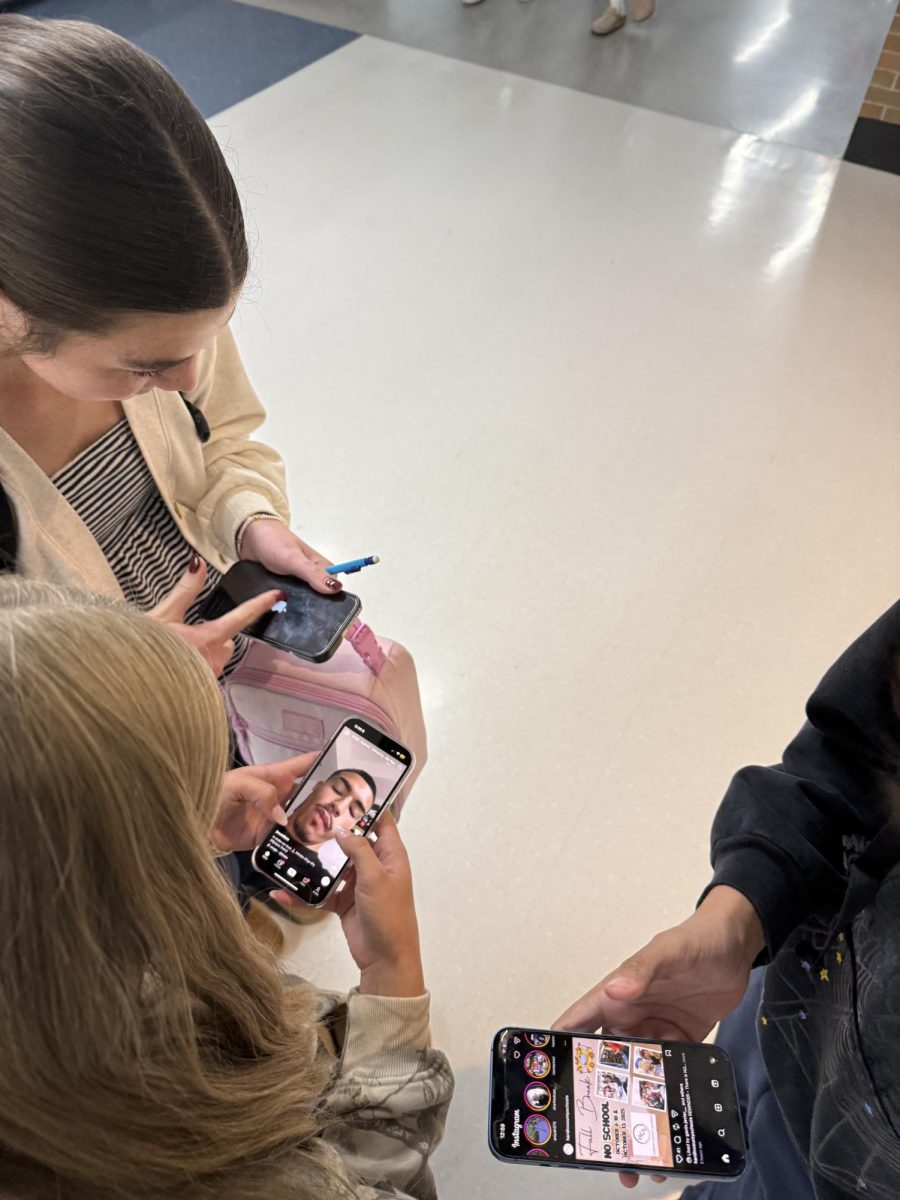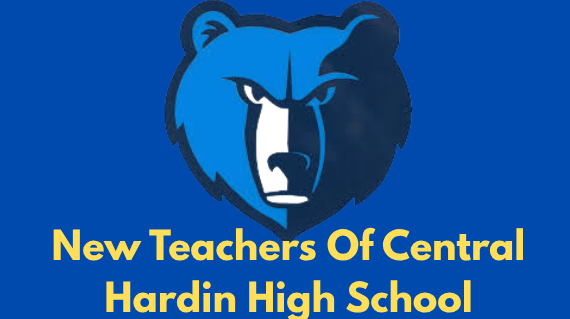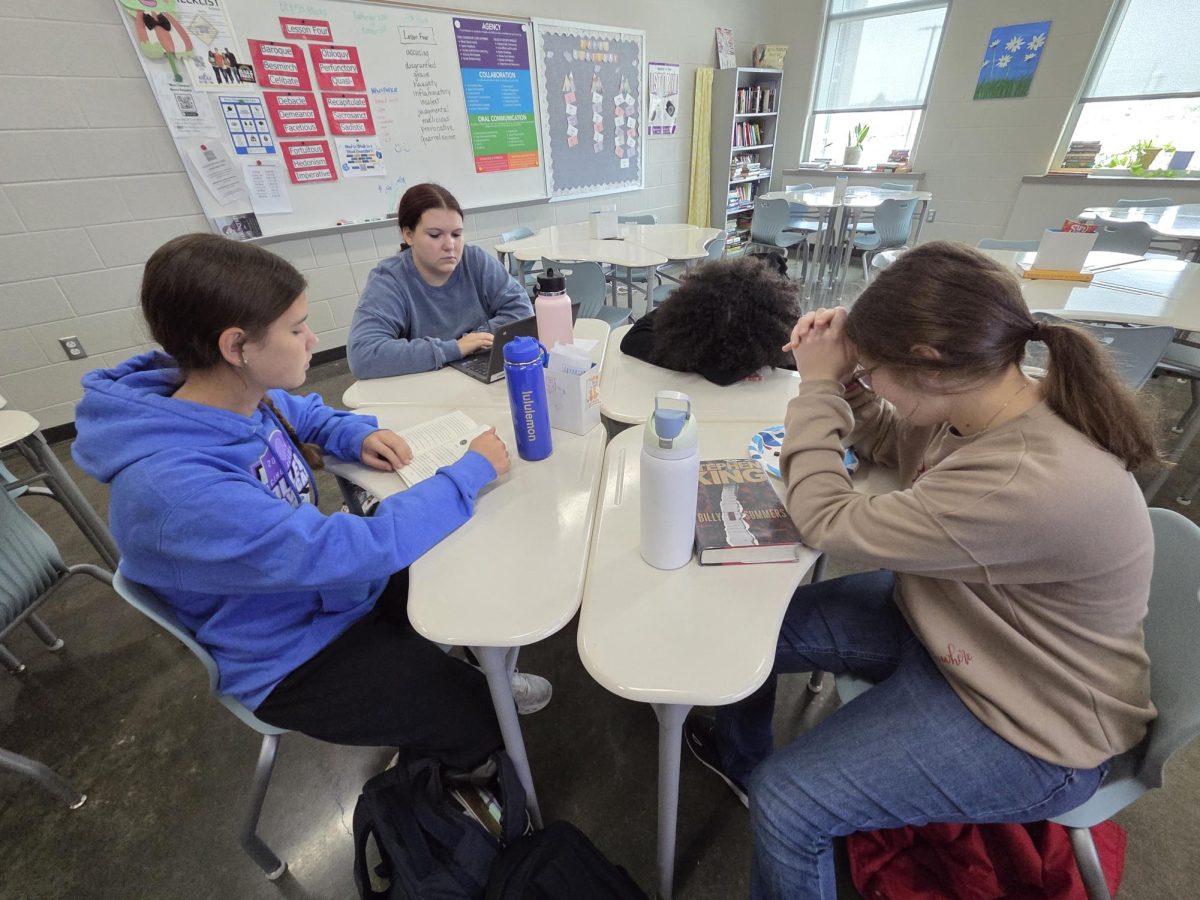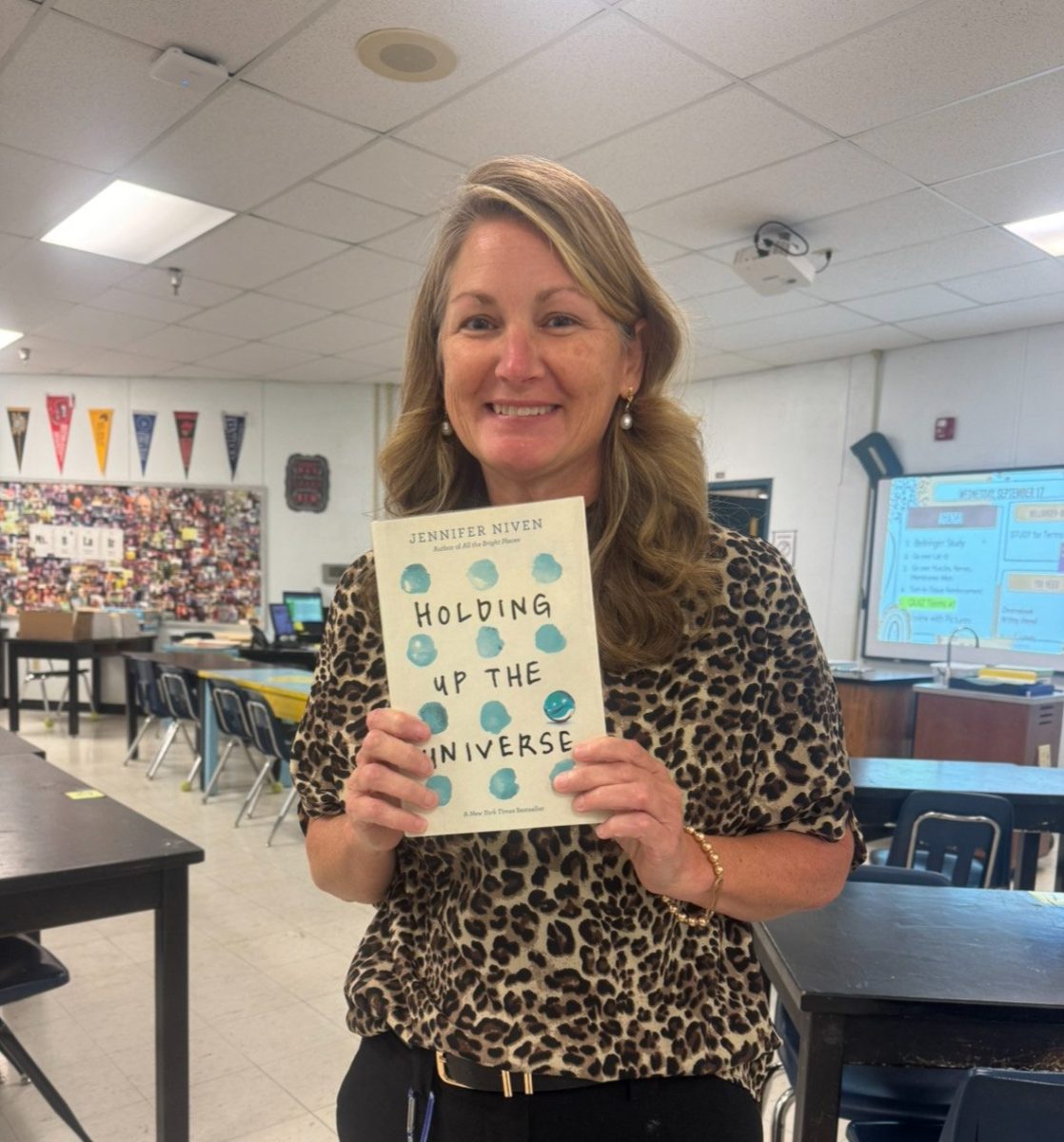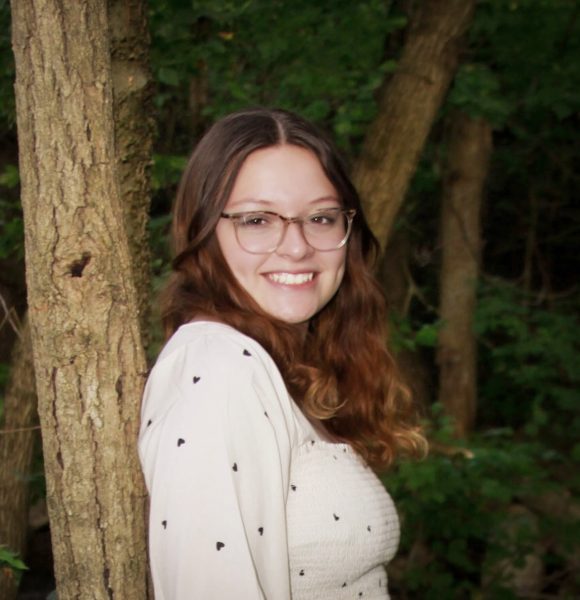An interview with Jason Reynolds, an author and National Ambassador of Young People’s Literature, took place on The Late Show with Stephen Colbert and brought a lot of attention to how literature affects young readers. When asked what people should know about children’s literature, Reynolds replied, “Children’s literature is the cornerstone of all literature. Without the people like myself who write this literature, there can’t be the capital-L literature writers. There can’t be a Toni Morrison or all our famous writers today, Jesmyn Ward, Kiese Laymon, these greats that we love unless there’s somebody earlier to create them and their readership.”Later in the interview, Reynolds was asked about his book All American Boys and his thoughts on its banning. “For those of us on that list, it’s not a badge of honor,” Reynolds replied, “People always say, ‘Congratulations. You’re doing something right.’ It’s like, yeah, but at the same time, access’s been cut for all the young people who might need these books and where they might only get them in schools. You can’t take for granted that there might not be a library or bookstore in everybody’s community or that there may not be a $20 bill to go buy that book that they no longer have access to because of these bannings.”
The notion of banning books has become a way to restrict information, control students’ freedom of thought, and obstruct professional writers from publishing freely.
I’ve come across many children’s books that dive into real-world issues in a more fictional sense. For example, Blended was a book by Sharon M. Draper that I came across when my younger sister picked it up from the library. When I asked her what the book was about, she said it was just about a young girl named Isabella. I didn’t ask about it again until she came to me and asked me to read a section of the book she just finished. The section described a scene of her and her brother, Darren, simply getting ice cream. A cop comes by and very quickly it gets ugly. Long story short, Darren is shot and killed by the cop because of racial discrimination and stereotyping. My sister was shocked to find this within a children’s book, but I discussed with her how, unfortunately, events like these occur around the U.S. This book was shedding light on that reality. This opened my sister’s eyes. Although a children’s book, the book showed real-world issues that this generation could solve. Why are we holding young readers back from books that bring some information for them to think about?
School is meant to inform students about an abundance of necessary topics. School systems want to encourage their students to think independently. Similar to what Jason Reynolds explained in his interview, school is probably some student’s only place to get access to information they couldn’t access at home. Restricting their freedom to explore diverse topics defeats the whole purpose of allowing students to express themselves and their ideas. We should encourage students to dive deeper into topics that interest them, not restrict them. We might as well be restricting students from using their brains. There are varieties of genres for a reason. A young reader doesn’t have to pick a book that involves mature content, that is for them to decide. They should have a right to think for themselves and decide for themselves. Are we not going to allow students to educate themselves and grow independence?
Although there is more argument around how students are affected by the process of banning books, we should also talk about how this also affects writers. They spend months or even years developing a book to touch young readers on an emotional or personal level. In the end, it ends up banned because of mature content. These writers have a job of expressing their creativity through made-up characters or real-life scenarios. Authors doing their job are being shut down in the process. Children’s literature is the building blocks that create active readers. Banning books is taking that imagination right away from them.
Although there are many negative attributes to banning books, many find it difficult to agree. Some argue that banning books is a form of censorship necessary to protect children from potentially harmful or sensitive content. The intention behind banning books is often to shield young readers from explicit violence, explicit sexual content, or themes that may be deemed inappropriate for certain age groups. As this is a reasonable concern, it’s important to note that there are already systems in place, such as age ratings and parental guidance, to help navigate these concerns. Instead of completely restricting access to these books, we should resort to providing guidance and resources to help young readers make informed decisions based on reading choices. How are we expecting children to become more mature but holding them back from analyzing different perspectives of societal concerns written by professional writers? The idea of protecting vulnerable readers only withdraws them and other children from their freedom of thought and access to diverse ideas.
The interview with Jason Reynolds was a very eye-opening discussion about how society is holding back young readers from exploring books that could be beneficial for them to read. Why are we holding back young readers from reading books about the reality of our world like mental health, police brutality, sexism, politics, and many more topics that aren’t talked about enough? Writers have a way of bringing a spotlight to concerns, and restricting students from access to those perspectives and ideas is incredibly immature. We should be feeding and fueling young readers to think and grow outside the box, not keep them within it. Restricting information, controlling young readers’ freedom of thought, and obstructing professional writers from publishing freely are doing more damage than the good intentions behind it.

